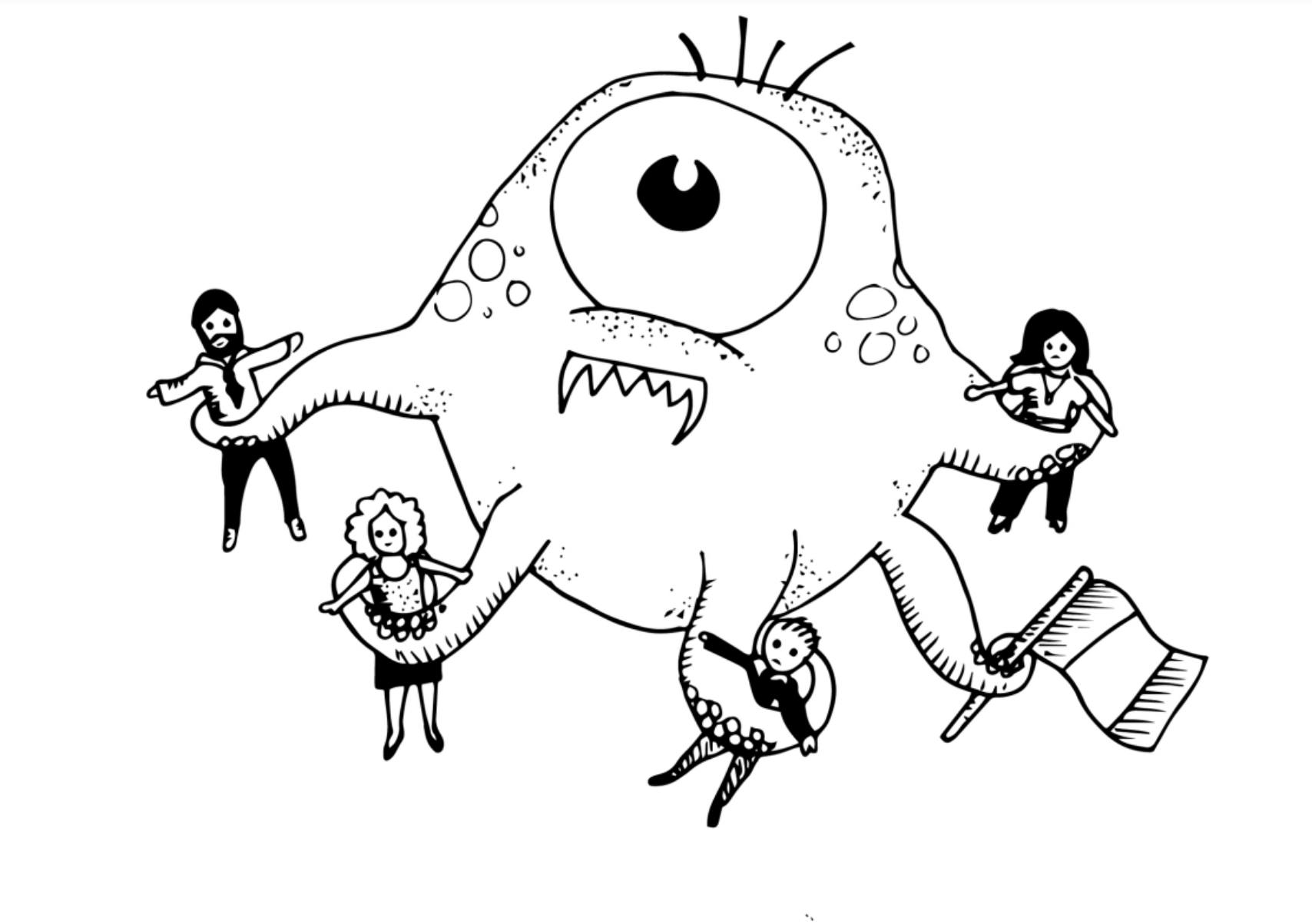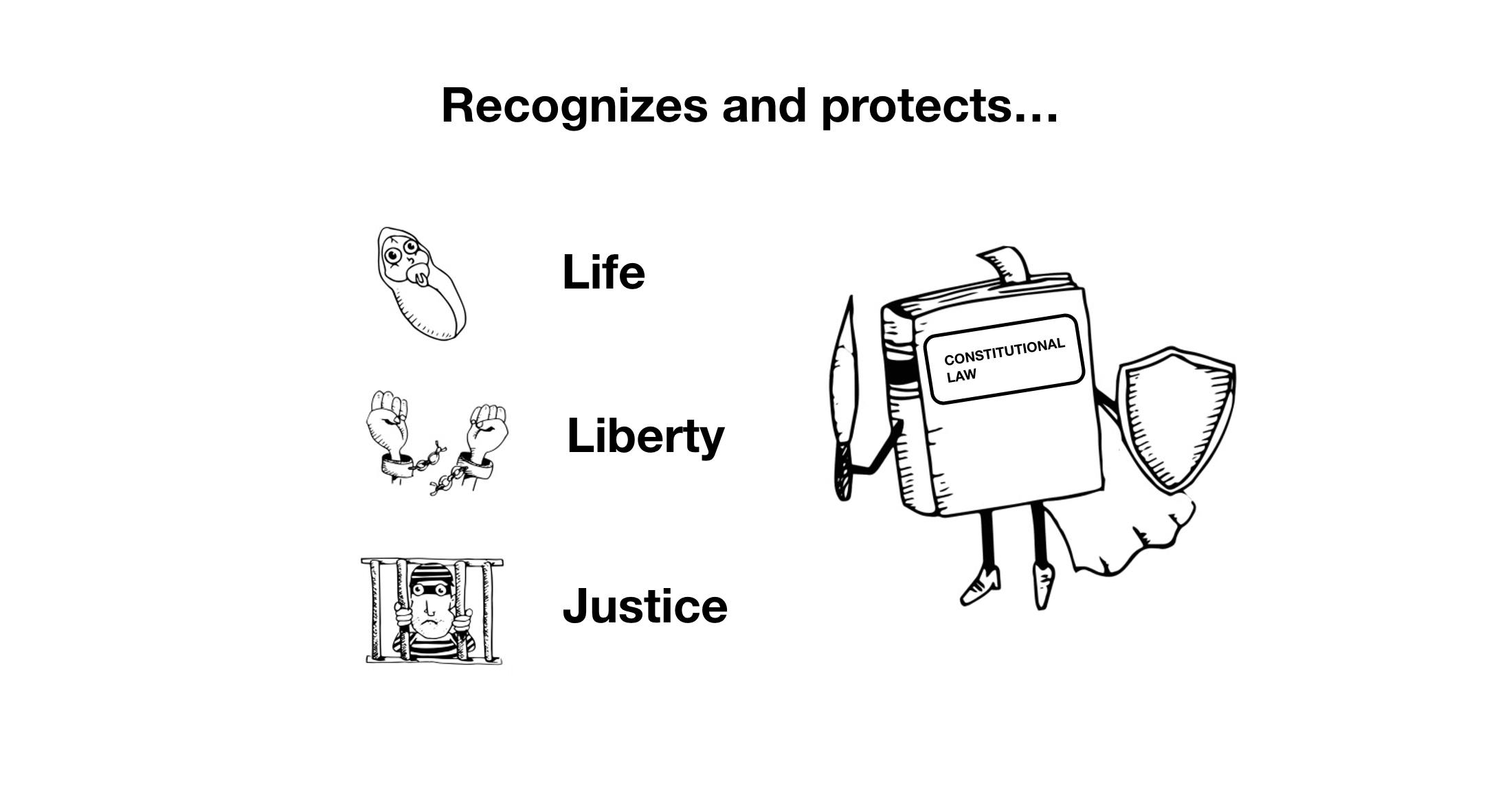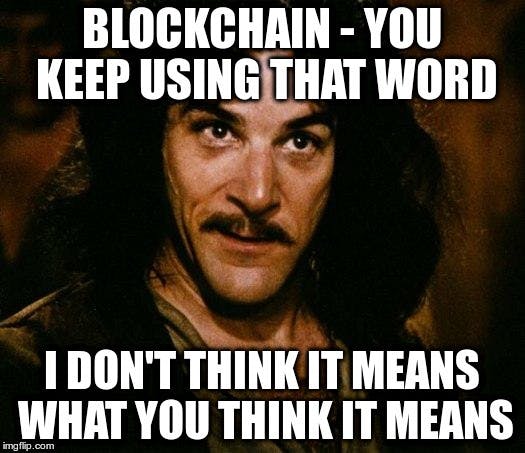The word sort of gives it away: governance... As in government... As in what defines most of our lives from the moment we are born to the moment we die.
I remember my political philosophy classes fondly, it might sound dreary but it's actually quite a fascinating topic and with good reason.
Mostly, political philosophy deals with the management of power, or at least that's how I remember it, (don't fact-check me, or do, I'm not your mom).
I don't know if you guys remember, but democracy is kind of a new thing. Actually, not really. I mean... the idea comes from ancient Greece and the Athenians already practiced democracy like thousands og years ago but AAAANYHOW... my point is before we had "Constitutional Democracy", people were "ruled" (by even smaller minorities than now, outrageous! - also don't fact-check me on this either ) by "monarchs" who were "designated" by some "divine being" (note the sarcastic over-use of quotes) or some other sort of gross justification of their absolute power.
 👆 Le monarchy, graphic depiction.
👆 Le monarchy, graphic depiction.
So anyway, for those of us that watched Hugh Jackman sing his heart out in Les Miserables, the french sort of got tired of the monarchy, what with all the starvation of the people whilst the debauchery of the one-percenters "aka" the monarchy.
So anyway Rosseau writes about the social contract and then John Locke starts to talk about constitutionalism and all of this is to say that all of this was to think of how to limit power while allowing representative government.
 🚨 Be aware that this is a crude and terrible representation of a Constitutional Democracy for MY country, never mind yours, so... you know. They look cute though.
🚨 Be aware that this is a crude and terrible representation of a Constitutional Democracy for MY country, never mind yours, so... you know. They look cute though.
OK. If I still have you at this point, thank you, you can stop now.
Ok, if you're STILL reading this... why? Ok, the thing that's cool about blockchain is that blockchain protocols are built on "Consensus mechanisms"! Think about it, a blockchain runs on independent nodes, and those nodes have to come to some sort of agreement to decide which block is created next.
So basically, the problem that a blockchain protocol solves is: What kind of rules and incentives do we have to set in order for the "nodes" to cooperate with each other and act in their own interest but also the interest of the "whole" (which would be whichever blockchain protocol you are using I guess?).

Ok, I know this is confusing and I'm terrible at explaining it which doesn't help and also, I am BY NO MEANS any sort of expert on this subject ok? I just remember some readings from back in Uni days and am nerding out on blockchain a bit so I've read up a bit. I can though, suggest some other, much better articles that I think explain this a bit better.
101blockchains.com/blockchain-governance medium.com/coinmonks/blockchain-governance-.. blockgeeks.com/guides/what-is-blockchain-go..
OK, so FINALLY... why is this cool??? Well, basically, we are going to have the tools to run a bunch of 'democracy' simulations. Well, not exactly... it's obviously much more complicated than that but in a very, very broad and most likely incredibly misinterpreted way, consensus mechanisms are what society is built on? I mean, isn't that why we hold elections? and have congress? The idea is to select a few, to represent the many... kind of like a stake pool operator and its nodes right? Sort of? Kind of? And there's a bunch of other similarities that I will not explore here, but you can read up on it in the articles I mentioned, and really if you google "blockchain governance" you'll find a lot of resources, from academic journals to blog posts.
Democracy is flawed, there is no doubt about it. However, as with many other institutions in our imperfect and immature societies, it is "the lesser evil" that we put up with until we find something that works better, that is the stark reality.
It seems clear to me that we need to learn to communicate better with each other and negotiate our agendas. Right now, I can honestly say I have absolutely no idea how we would go about that... but I bet if we run hundreds of simulations... nope, no difference. BUT if we run A THOUSAND (pardon the caps) more simulations... maybe, MAAAYBE we can translate some of the lessons we will learn using blockchain technology into ways to create the best set of rules that provide the best incentives and the best results for all and the least harmful side effects.
Hopefully that's interesting!
